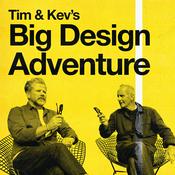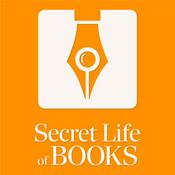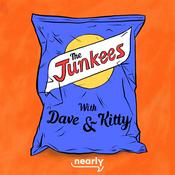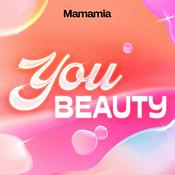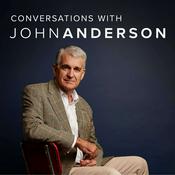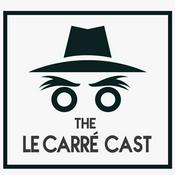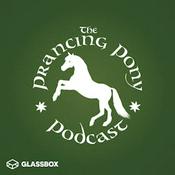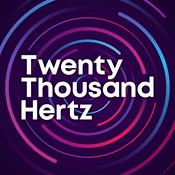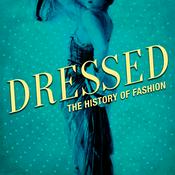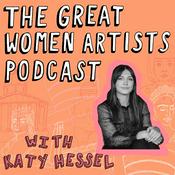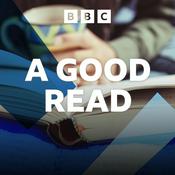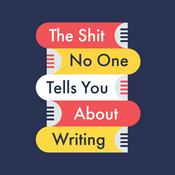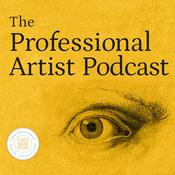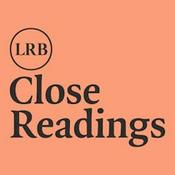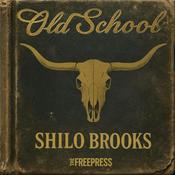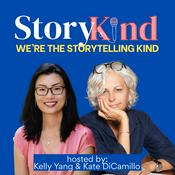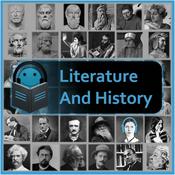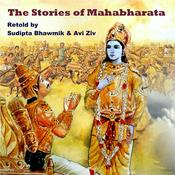8 episodes
- Resiliency has become one of the most popular concepts within academic circles over the past decade or so. Scholars from various disciplines, including Engineering, Health, Politics, Religion, Biology, and Education have adopted the ideas of resilience and resiliency to explain the ways in which institutions, technologies, communities, and individuals might rebound from hardship, recover from stress or overuse, and regain an original shape and condition. In our diverse conversations about resilience, we almost always assume that resilience is positive--i.e. that we should feel good or emboldened about the very experiences or processes of resiliency. But some of the most resilient systems, structures, and institutions in our world have been massively disturbing, including patriarchy, militaristic violence, religious fanaticism, and white male supremacy. Jane Austen's Mansfield Park helps us observe a fundamental humanities experience: resilience can be disturbing. In this episode, I reflect on how Austen's Mansfield Park demonstrates the disturbing resilience of the Bertram family. I specifically explore how the Bertram family employs specific strategies that have proven successful for ensuring the resilience of patriarchy. Resiliency can sometimes be disturbing, and Austen invites us to observe this vital humanities experience.
- Jane Austen's Pride and Prejudice is one of the most beloved novels in the English language--and one of the most popular love stories in the world. It is also a great story of change in which Austen details prominent cultural changes, characters discuss important changes, and the hero and heroine learn to change their minds. Change can be hard, transformative, and frustrating; it can also usher in new opportunities, including new kinds of relationships. Austen shows us characters and communities learning to deal with change, engaging in challenging conversations, and even modeling forms of civil discourse. Austen's novel demonstrates a vital humanities experience from which we must learn in an age of cultural extremism: how to embrace, discuss, and negotiate the challenges of inevitable change through civil discourse.
- In Episode IV of Jane Austen and the Future of the Humanities, I talk with writers, scholars, and artists as we discuss how Jane Austen’s Sense and Sensibility models a vital humanities experience: the messiness of human relationships. We think through how Austen’s first published novel helps us to ask questions about, build connections between, and precisely observe the various messes of our lives, including our family relations, our sexual relations, and the processes of engaging with new relations.
Guests include Soniah Kamal, Dr. Claudia L. Johnson, Francine Mathews, Dr. Olivia Murphy, Maan Jalal, Dr. Mandakini Dubey, and Dr. Meenakshi Bharat. - In this episode, I discuss the first of what I am treating as a series of humanities experiences that Jane Austen’s novels and ideas helps us understand and appreciate: the integral role of ignorance in the knowledge-acquisition process.
I consider Northanger Abbey and explore how Austen’s first completed novel dramatizes various ways in which we learn, come to knowledge, and recognize the limitations of our knowledge. In all these processes, I think through how Austen details ignorance as an important component of our learning processes—i.e. how we come to know if different ways and through different experiences, including painful and shameful experiences. I examine the integral link between knowledge and ignorance, the precarity and danger of knowledge, and some of the ways in which the humanities model this larger and enduring experience that Austen documents. - In this brief podcast episode, Laura Piani and I discuss her new film Jane Austen Wrecked My Life, Piani's feature debut as a writer and director. We discuss the various ways in which Austen's life and works have inspired Piani, the urgency of writing and literature, and the need to return to our ruins.
More Arts podcasts
Trending Arts podcasts
About Jane Austen and the Future of the Humanities
How might the stories and ideas of Jane Austen inform the current condition and future possibilities of the humanities? Michael Kramp, a faculty member at Lehigh University who has published numerous books on Jane Austen, addresses the critical state of the humanities and considers how Austen's stories might offer creative ways for communicating the value and efficacy of humanities experiences for various public audiences. [email protected]://wordpress.lehigh.edu/dmk209/jane-austen-and-the-future-of-the-humanities/https://www.youtube.com/@JaneAustenandtheFutureofth-s8y
Podcast websiteListen to Jane Austen and the Future of the Humanities, Dish and many other podcasts from around the world with the radio.net app
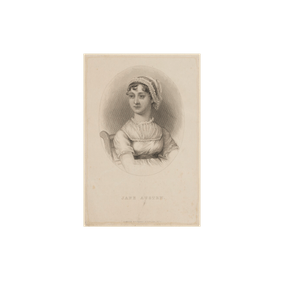
Get the free radio.net app
- Stations and podcasts to bookmark
- Stream via Wi-Fi or Bluetooth
- Supports Carplay & Android Auto
- Many other app features
Get the free radio.net app
- Stations and podcasts to bookmark
- Stream via Wi-Fi or Bluetooth
- Supports Carplay & Android Auto
- Many other app features


Jane Austen and the Future of the Humanities
Scan code,
download the app,
start listening.
download the app,
start listening.


